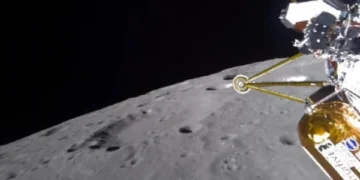Madrid: The increasing amount of plastic around the world has become a serious environmental threat, scientists have found a solution to this threat but in the form of pears.
Scientists from Spain’s University of Girona and University of Córdoba have succeeded in producing an environmentally friendly alternative to plastic from the leaves and branches of the avocado tree.
Eduardo Espinosa, assistant professor at the Chemical Institute for Energy and Environment at the University of Córdoba, and his three co-researchers identified large amounts of cellulose in the leaves and branches that fell from pear trees. It should be noted that cellulose is the main component of organic waste (biomass).
Cellulose is a biopolymer found in plants that can be used to make fibers that make synthetic materials used in food packaging, such as polyethylene, durable.
While polyethylene is of key importance in keeping food fresh and free from contamination, the use of fossil fuels in its production harms the environment. However, polyethylene derived from plant-derived bioethanol is a better alternative to conventional polyethylene.
Professor Eduardo Espinosa and his colleagues succeeded in developing an eco-friendly food packaging by partially replacing bio-polyethylene with fibers made from dried branches and leaves of the crocodile.
According to the researchers, their breakthrough will be a major breakthrough in reducing plastic pollution and offering an environmentally friendly solution to the food industry’s problems.

























